Kepler - Refugee College Guidance Counselors (RCGC)
Introduction
RCGC, a pioneering initiative conceptualized by a U.S. college board, provides meaningful guidance to refugees aspiring to pursue college and university education. Operating in all camps in Rwanda, with a smaller presence in Kakuma, Kenya, and Ethiopia, RCGC aspires to overcome the unique challenges refugees face in accessing tertiary education in their first countries of asylum and globally.
Current status of the program
The program offers advice on scholarships and internships for high school graduates. They customize their content to overcome specific challenges in refugee camps, such as increasing women's access to higher education. They have collaborated with Duolingo and ALU to offer English-validated and practice tests. ITEME has supported 76% of high school graduates accessing employment or scholarship opportunities. ITEME provides five months of training for generalized skills, followed by one month of support for applying to specific initiatives.
The future benefits of this program include
Improved access to education and employment opportunities for refugee students.
Enhanced language skills and professional development for refugee students.
Increased support for bridging programs and pathway programs.
Improved documentation and admissions policies for universities in refugee contexts.
Encouragement of universities to recruit from bridging programs and pathway programs.
Best practices
Partnerships: RCGC partners with Duolingo, UNHCR, schools, universities, immigration departments, and refugee student-led initiatives to provide comprehensive support to refugee students.
Programs: RCGC offers two main programs - Iteme for high school students and a program for bachelor's degree students. These programs provide skills training, support for specific initiatives, and assistance with employment after graduation.
Contextualization: RCGC tailors its contents to the specific challenges of each local camp, which has leveraged women’s participation in the program from 6% to 40%.
Challenges
Documentation and Immigration Processes: Refugee students often struggle with documentation and understanding immigration processes. RCGC assists both students and institutions in navigating these complexities, providing resources and guidance to facilitate the process.
Information Gap: RCGC counselors, who have navigated similar processes, mentor refugee students by providing essential information and guidance about educational opportunities.
Language Barriers: RCGC addresses language barriers by offering remedial English classes and working with Duolingo to have students’ language tests accepted by universities.
Recommendations for Stakeholders
Universities: Universities should be more flexible in their documentation and admissions requirements, better understand the unique barriers faced by refugee students, and consistently offer opportunities.
Governments: Governments should facilitate the processing of travel documents for refugee students, improve secondary education, and address mobility challenges.
Non-Governmental Organizations: NGOs should implement programs that lead to actual jobs or educational opportunities, offer certificates that matter, and develop contextualized, refugee-informed programs.
RCGC: Connect refugee students with higher education opportunities through guidance, resources, and support. With stakeholder support, RCGC can expand its impact and help more students.
